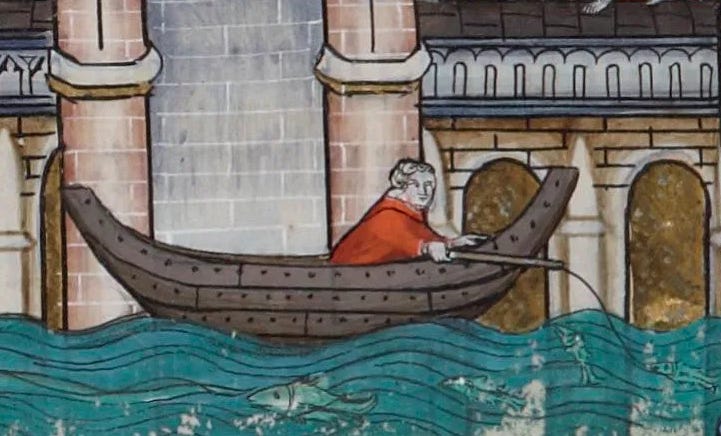Once again, we delve into the world of theory crafting, this time focusing on the 'hook, hold, payoff' strategy for RPG preparation. In RPG session preparation, you' prep to improvise. In this installment we’ll look into what 'hook, hold, payoff' can provide to help you prepare effectively.
Hook: At the start of every story is the hook—a compelling element that seizes the reader's or player's attention, enticing them to continue their journey. Such as a shocking statement, an action packed opening scene, or a memorable character introduction.
Hold: Once you've hooked your audience, the "hold" is the body of your story, the part of the story that keeps their interest and maintains their engagement. This is where you develop the plot, introduce conflicts, develop characters, relationships, and the central conflict.
Payoff: The "payoff" is the moment the audience has been waiting for, where you deliver on the promises made by the hook and the development of the hold. This is where you resolve the central conflict, and provide a satisfying conclusion, delivering emotional satisfaction or resolution.
So, how can we apply this strategy to RPG preparation?
Hook: The beginning of the story is the only place where you have complete control as a GM. Whether it’s a dramatic scene, a mysterious message, a moral dilemma, an intriguing NPC, or a vivid description of the setting. Here, you can you can use all your narrative tools to engage your players in the story. Consider beginning in media res, offering vivid descriptions that engage at least three senses, and providing two meaningful details. Frame the current event within a broader world context, such as a war, planetary conjunction, or corporate power struggle.
Hold: This is where the bulk of the gameplay and role-playing occurs. The essence is meaningful decisions made by the players. The hold, in my opinion, consists of the pillars of play: exploration, social interaction, and combat. These are the meat and potatoes of your game. That's why preparing locations, NPCs' and organizations' goals, and fast-paced combat are efficient things to do. Present challenges, obstacles, and conflicts that require players to engage with the world and make decisions. Allow players to make choices that impact the narrative and the world. Encourage interactions with NPCs, other players, and the environment.
Payoff: Information and loot. This is what players want to work for. The secrets that Sly Flourish uses in his system are, in my opinion, part of the loot; one of the reasons many players play RPGs is to learn more about or delve deeper into the world as they play. Information about the world is loot. This could involve resolving the central conflict, answering questions, or achieving the players' goals. Aim for an emotional impact on the players. Whether it's a triumphant victory, a moral decision with consequences, or a bittersweet ending, this is what keeps them coming back.
On Balance and Magical Items:
Many RPGs are designed for encounters to be manageable for a party of a certain level without magical items. I see it as a challenge in my GMing not to be too generous with magical items. These items essentially equate to level-ups, and excessively distributing them only accelerates the need for higher-level content. I'm not a proponent of overly balanced encounters; they don't encourage players to strategize or adapt, and they tailor the world too closely to the players.
To wrap up, here's a streamlined format for your RPG preparation, inspired by the 'hook, hold, payoff' structure:
- Strong start (Sly Flourish's term): Introduction into the central problem. Plunge players into the midst of the action, offering a hook into a larger narrative.
- Hold:
- Locations with their axes of interaction (the 'RPG Adventure Design Cheat Sheet' crafted by Xeno & Craft is a very useful tool for this).
- The main NPCs and organizations with their goals and roles in the session.
- One or two combats encounters (unbalanced to maintain player agency). Encourage players to narrate their own actions, keep the story flowing, incorporate non-combat goals, utilize clocks and counters, and make both monsters and the environment strategically relevant.
- Don’t prep pillars of play, prep situations.
- Payoff: Information and loot. Let characters learn something about their backstory and how it's connected to the world. Ask players what they would find cool. Think about what excites your players and fits with the world.
Will this approach work? There's only one way to find out—I'm going to apply it to my own preparation. Happy gaming!



